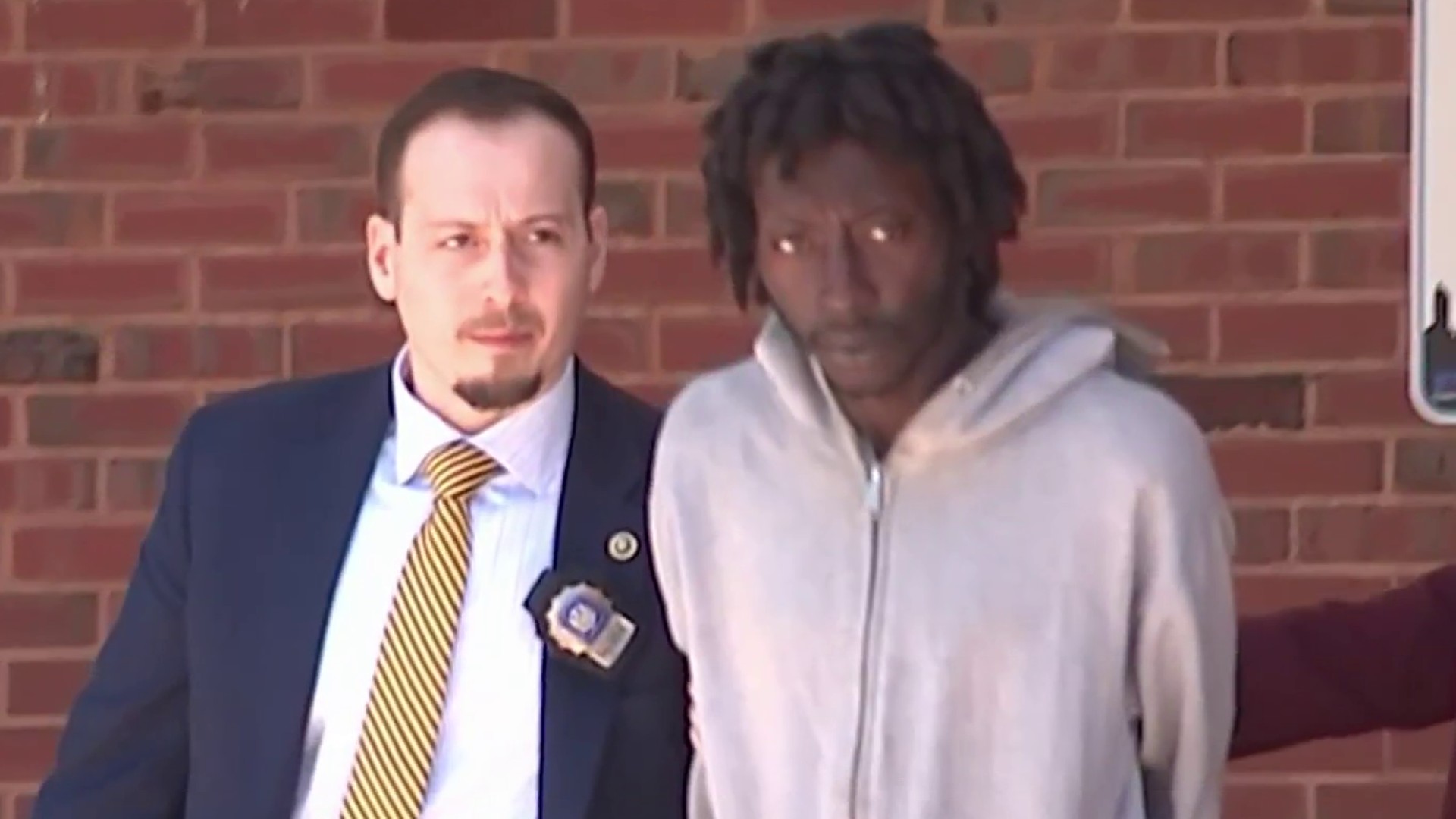Israel on Tuesday officially approved a deal to swap 25 Egyptian prisoners for a U.S.-Israeli citizen arrested in Egypt four months ago on suspicions of espionage.
The unanimous vote by Israel's Security Cabinet cleared the way for Ilan Grapel to return home on Thursday, Prime Minister Benjamin Netanyahu's office said, ending what has become an uncomfortable episode between the two allies.
Grapel, 27, was arrested June 12 during the height of Egypt's uprising, which ousted President Hosni Mubarak earlier this year.
Egypt accused Grapel of being a Mossad agent trying to sabotage the revolution. But it gave no evidence to support the claims, and even in Egypt, the arrest was widely ridiculed.
Egypt's new military rulers frequently warn against what they call "foreign" attempts to destabilize the country. Egypt, like other Arab states, has a long history of blaming internal problems on Israel.
Israel denied the allegations, as did his friends and relatives.
His family said Grapel, a law student in Atlanta, was interested in Egyptian culture and was in Cairo volunteering at a legal aid group when he was arrested.
Local
Grapel made no secret of his Israeli background, entered Egypt under his real name and his Facebook page even had pictures of him in an Israeli military uniform.
Israeli lawmaker Israel Hasson said he visited Grapel in Cairo on Monday, the day the deal was first announced. He said Grapel was doing well and was held in "fair and good conditions."
Hasson said he greeted Grapel with "Shalom," Hebrew for hello, but was answered in Arabic because Grapel thought he was an Egyptian interrogator.
Israel and Egypt signed a peace treaty in 1979, maintaining cool but cordial relations for more than 30 years. But since Mubarak was toppled in February, tensions have grown as Egypt's new regime distances itself from Mubarak and improves its ties with Israel's enemy, the Hamas militant group.
The Grapel deal is the latest sign, though, that relations may be improving.
Egypt also played a key role in mediating last week's prisoner swap between Israel and Hamas. Under the deal, Israel freed hundreds of Palestinian prisoners in exchange for Israeli soldier Gilad Schalit, who had been held by Hamas for more than five years.
None of the 25 Egyptians set for release are militants. They are believed to be primarily smugglers working the porous border between the two countries, sneaking into Israel with contraband and people seeking asylum or work.
The Grapel deal has come under criticism from some quarters in Israel. Arieh Eldad, a hardline lawmaker, said friendly nations don't engage in uneven prisoner swaps or arrest each others citizens on "made up charges."
"Schalit was held by a brutal terror group but Egypt is a sovereign country that we have diplomatic ties with. What will happen if tomorrow Turkey arrests an Israeli tourist, convicts him of aiding the Turkish underground and demand the release of 100 or 200 terrorists in exchange. What are the criteria? Where is the red line?" he asked on Channel 2 TV.
In a statement Tuesday, Netanyahu thanked the U.S. for helping achieve the Grapel deal.
Netanyahu also said he was making "every effort" to bring about the release of Ouda Tarabin, a Bedouin Arab citizen of Israel who has been incarcerated by Egypt for over a decade on similar charges.
"Physically he is OK," Grapel's father, Daniel Grapel, told the New York Post from his home in Queens, New York. "But mentally, it's hard to say over the phone."
He said he saw his son only once and had occasional phone calls with him after he was arrested.
Ilan Grapel interned for Rep. Gary Ackerman (D-NY) in 2002.
"From the beginning, I was assured by the highest levels in Israel that in no way did Ilan have anything to do with espionage, the Mossad or any other type of spy agency," Ackerman told the paper.



